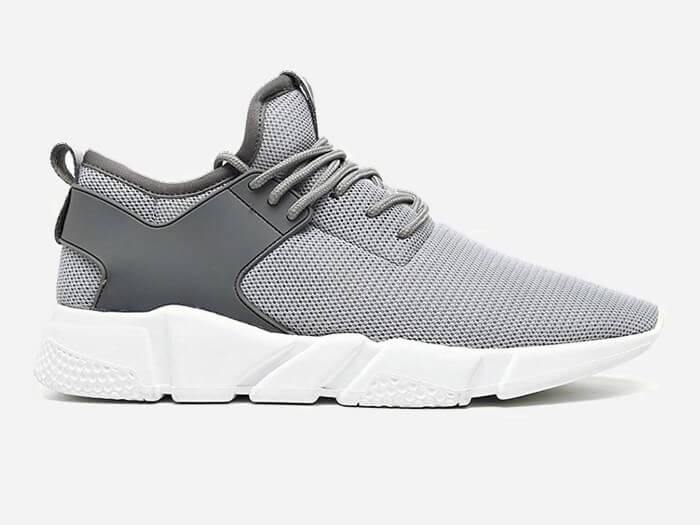Why Resin Hoses Have Smaller Inner Diameters
Resin hoses are widely used in various industries due to their resistance to chemicals, high temperatures, and other harsh conditions. However, compared to other types of hoses, resin hoses often have smaller inner diameters. In this article, we'll explore the reasons behind this phenomenon.
 Material Properties
The primary reason why resin hoses have smaller inner diameters is due to the properties of the materials used in their construction. Resin hoses are typically made from materials such as PTFE, FEP, PFA, and ETFE, which are known for their high stiffness and low stretchability. As a result, it is more difficult to manufacture resin hoses with larger inner diameters as the material is less likely to conform to the desired shape.
Manufacturing Processes
The manufacturing processes used to produce resin hoses also contribute to the smaller inner diameters. Resin hoses are typically made using a process called extrusion, where the material is forced through a die to create the desired shape. The size of the die limits the maximum inner diameter of the hose that can be produced. In addition, the high viscosity of the resin material makes it more difficult to achieve a larger inner diameter during the extrusion process.
Material Properties
The primary reason why resin hoses have smaller inner diameters is due to the properties of the materials used in their construction. Resin hoses are typically made from materials such as PTFE, FEP, PFA, and ETFE, which are known for their high stiffness and low stretchability. As a result, it is more difficult to manufacture resin hoses with larger inner diameters as the material is less likely to conform to the desired shape.
Manufacturing Processes
The manufacturing processes used to produce resin hoses also contribute to the smaller inner diameters. Resin hoses are typically made using a process called extrusion, where the material is forced through a die to create the desired shape. The size of the die limits the maximum inner diameter of the hose that can be produced. In addition, the high viscosity of the resin material makes it more difficult to achieve a larger inner diameter during the extrusion process.
 Application Requirements
Finally, another factor that affects the inner diameter of resin hoses is the specific application requirements. In some cases, smaller inner diameters are necessary to ensure proper flow rates and pressure ratings. For example, in high-pressure hydraulic applications, smaller inner diameters can help to maintain higher pressure ratings. Similarly, in applications where space is limited, smaller inner diameters can help to minimize the overall size of the system.
In conclusion, the smaller inner diameters of resin hoses are primarily due to the properties of the materials used, the manufacturing processes, and the specific application requirements. While smaller inner diameters may be a limitation in some cases, resin hoses still offer many advantages over other types of hoses, such as excellent chemical resistance and high-temperature capabilities.
Application Requirements
Finally, another factor that affects the inner diameter of resin hoses is the specific application requirements. In some cases, smaller inner diameters are necessary to ensure proper flow rates and pressure ratings. For example, in high-pressure hydraulic applications, smaller inner diameters can help to maintain higher pressure ratings. Similarly, in applications where space is limited, smaller inner diameters can help to minimize the overall size of the system.
In conclusion, the smaller inner diameters of resin hoses are primarily due to the properties of the materials used, the manufacturing processes, and the specific application requirements. While smaller inner diameters may be a limitation in some cases, resin hoses still offer many advantages over other types of hoses, such as excellent chemical resistance and high-temperature capabilities.





Leave Your Product Requirements
Your email address will not be published. Required fields are marked *